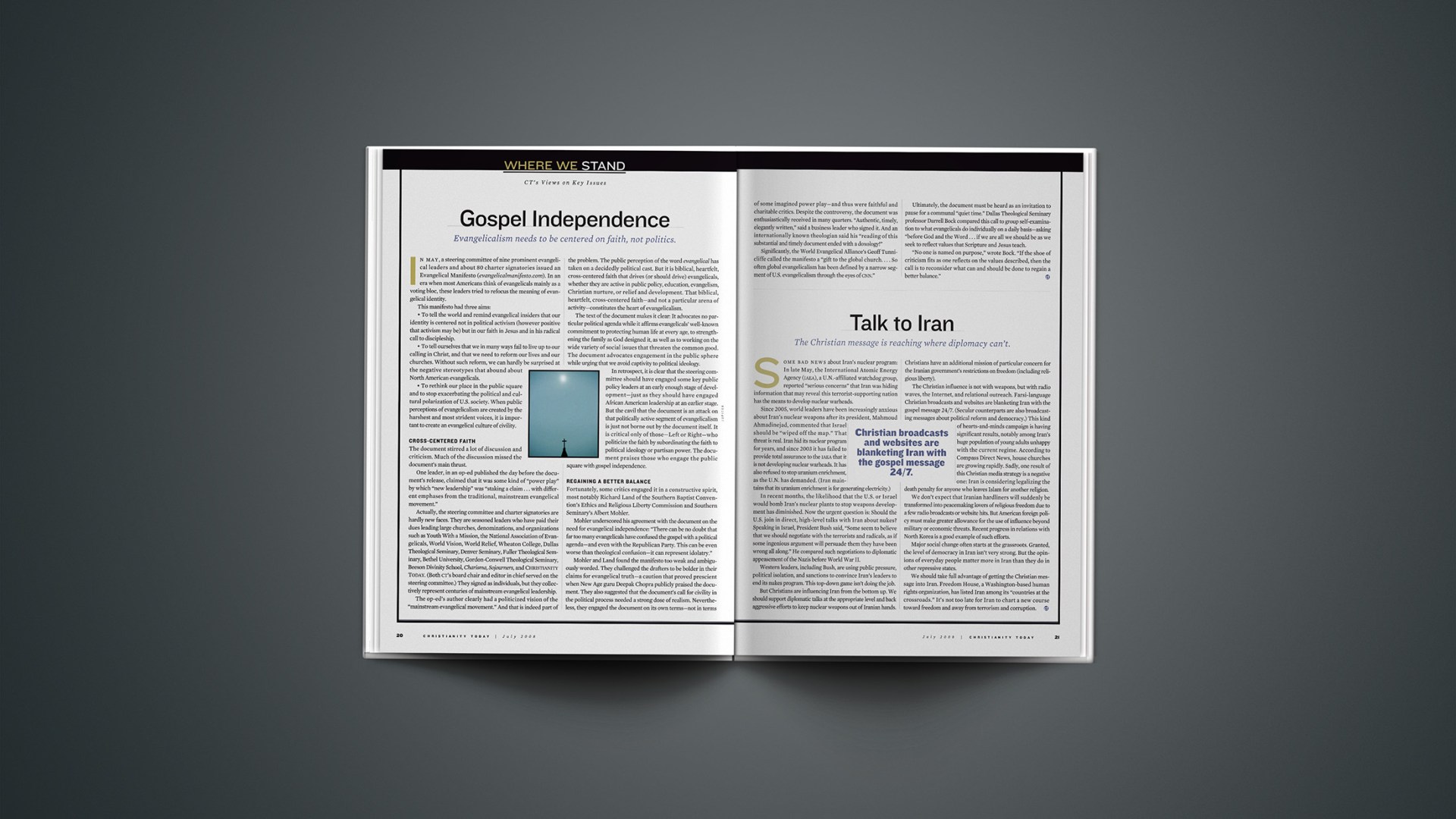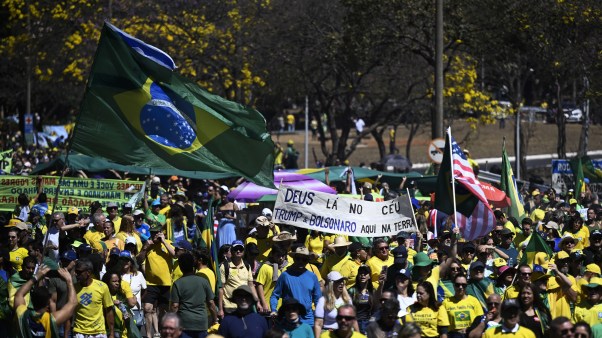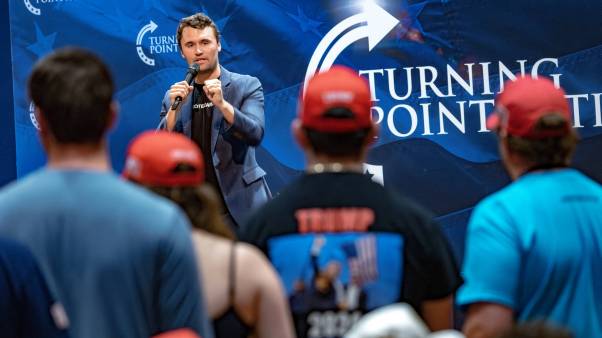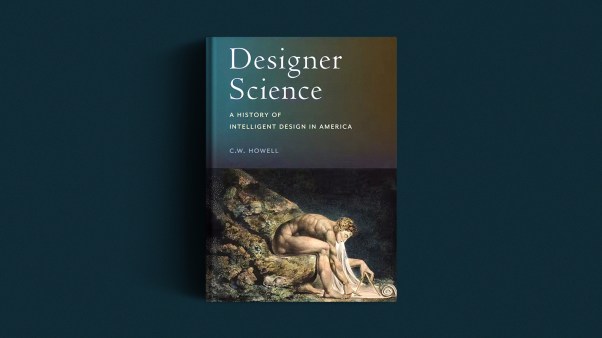In May, a steering committee of nine prominent evangelical leaders and about 80 charter signatories issued an Evangelical Manifesto. In an era when most Americans think of evangelicals mainly as a voting bloc, these leaders tried to refocus the meaning of evangelical identity.
This manifesto had three aims:
- To tell the world and remind evangelical insiders that our identity is centered not in political activism (however positive that activism may be) but in our faith in Jesus and in his radical call to discipleship.
- To tell ourselves that we in many ways fail to live up to our calling in Christ, and that we need to reform our lives and our churches. Without such reform, we can hardly be surprised at the negative stereotypes that abound about North American evangelicals.
- To rethink our place in the public square and to stop exacerbating the political and cultural polarization of U.S. society. When public perceptions of evangelicalism are created by the harshest and most strident voices, it is important to create an evangelical culture of civility.
Cross-Centered Faith
The document stirred a lot of discussion and criticism. Much of the discussion missed the document’s main thrust.
One leader, in an op-ed published the day before the document’s release, claimed that it was some kind of “power play” by which “new leadership” was “staking a claim … with different emphases from the traditional, mainstream evangelical movement.”
Actually, the steering committee and charter signatories are hardly new faces. They are seasoned leaders who have paid their dues leading large churches, denominations, and organizations such as Youth With a Mission, the National Association of Evangelicals, World Vision, World Relief, Wheaton College, Dallas Theological Seminary, Denver Seminary, Fuller Theological Seminary, Bethel University, Gordon-Conwell Theological Seminary, Beeson Divinity School, Charisma, Sojourners, and Christianity Today. (Both CT’s board chair and editor in chief served on the steering committee.) They signed as individuals, but they collectively represent centuries of mainstream evangelical leadership.
The op-ed’s author clearly had a politicized vision of the “mainstream evangelical movement.” And that is indeed part of the problem. The public perception of the word evangelical has taken on a decidedly political cast. But it is biblical, heartfelt, cross-centered faith that drives (or should drive) evangelicals, whether they are active in public policy, education, evangelism, Christian nurture, or relief and development. That biblical, heartfelt, cross-centered faith—and not a particular arena of activity—constitutes the heart of evangelicalism.
The text of the document makes it clear: It advocates no particular political agenda while it affirms evangelicals’ well-known commitment to protecting human life at every age, to strengthening the family as God designed it, as well as to working on the wide variety of social issues that threatens the common good. The document advocates engagement in the public sphere while urging that we avoid captivity to political ideology.
In retrospect, it is clear that the steering committee should have engaged some key public policy leaders at an early enough stage of development—just as they should have engaged African American leadership at an earlier stage. But the cavil that the document is an attack on that politically active segment of evangelicalism is just not borne out by the document itself. It is critical only of those—Left or Right—who politicize the faith by subordinating the faith to political ideology or partisan power. The document praises those who engage the public square with gospel independence.
Regaining a Better Balance
Fortunately, some critics engaged it in a constructive spirit, most notably Richard Land of the Southern Baptist Convention’s Ethics and Religious Liberty Commission and Southern Seminary’s Albert Mohler.
Mohler underscored his agreement with the document on the need for evangelical independence: “There can be no doubt that far too many evangelicals have confused the gospel with a political agenda—and even with the Republican Party. This can be even worse than theological confusion—it can represent idolatry.”
Mohler and Land found the manifesto too weak and ambiguously worded. They challenged the drafters to be bolder in their claims for evangelical truth—a caution that proved prescient when New Age guru Deepak Chopra publicly praised the document. They also suggested that the document’s call for civility in the political process needed a strong dose of realism. Nevertheless, they engaged the document on its own terms—not in terms of some imagined power play—and thus were faithful and charitable critics. Despite the controversy, the document was enthusiastically received in many quarters. “Authentic, timely, elegantly written,” said a business leader who signed it. And an internationally known theologian said his “reading of this substantial and timely document ended with a doxology!”
Significantly, the World Evangelical Alliance’s Geoff Tunnicliffe called the manifesto a “gift to the global church. … So often global evangelicalism has been defined by a narrow segment of U.S. evangelicalism through the eyes of CNN.”
Ultimately, the document must be heard as an invitation to pause for a communal “quiet time.” Dallas Theological Seminary professor Darrell Bock compared this call to group self-examination to what evangelicals do individually on a daily basis—asking “before God and the Word … if we are all we should be as we seek to reflect values that Scripture and Jesus teach.
“No one is named on purpose,” wrote Bock. “If the shoe of criticism fits as one reflects on the values described, then the call is to reconsider what can and should be done to regain a better balance.”
Copyright © 2008 Christianity Today. Click for reprint information.
Related Elsewhere:
The Evangelical Manifesto‘s website has links to many of public responses it has received, including those by Al Mohler and Darrell Bock.
Christianity Today‘s coverage includes “Evangelicals Lament a Politicized Faith” and Os Guinness’s “A Gentle Plea for Civility.”
Interesting blog posts include:
An Evangelical Manifesto? (James K.A. Smith, Generous Orthodoxy Think Tank, part 2)
Thoughts on the Evangelical Manifesto (Joe Carter, The Evangelical Outpost)
Whither “Evangelicalism”? (Steve Knight, Emergent Village)
An seventh cackling (Jenell Paris, The Paris Project)










